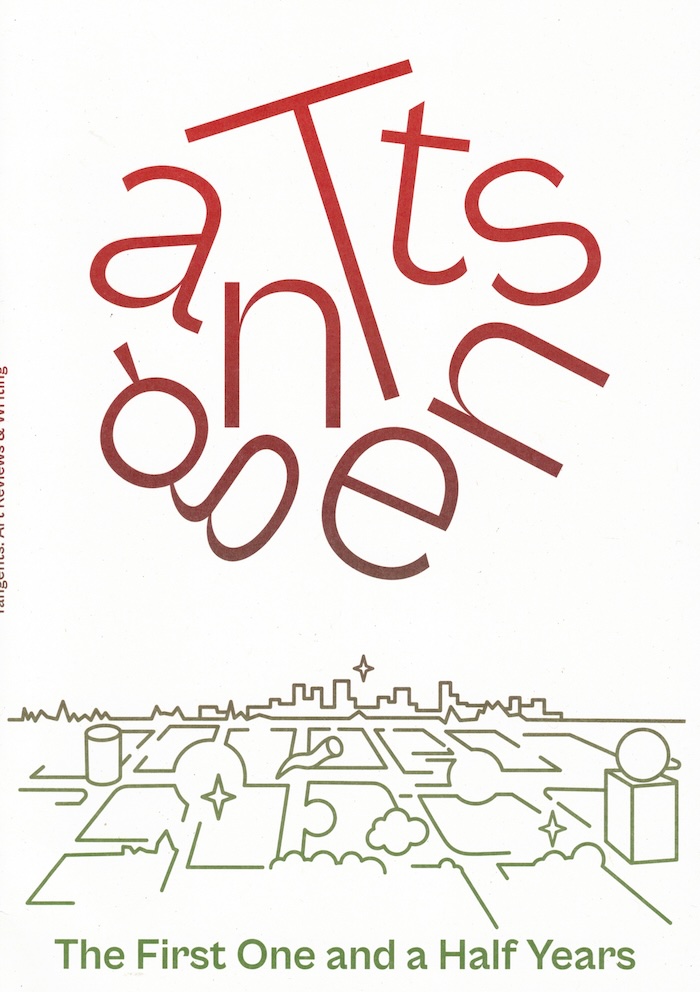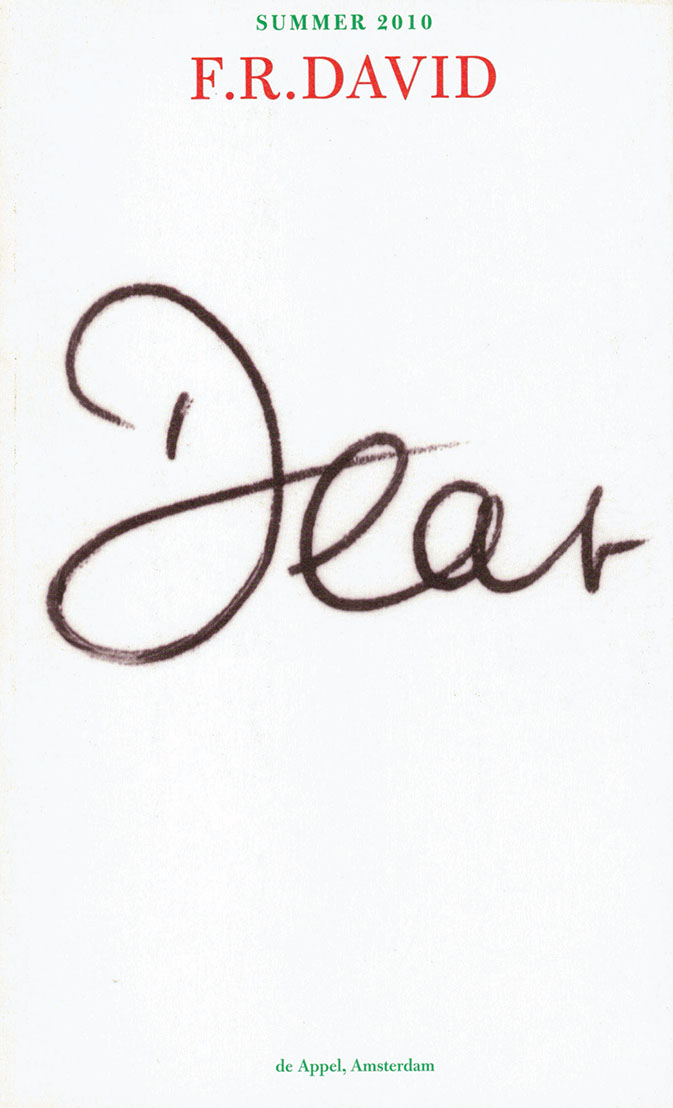
Christopher D’Arcangelo
Yana Foqué ed., Isabelle Sully ed.
Despite having been active for only four years before passing away at the young age of twenty-four, Christopher D’Arcangelo (1955–1979) is a key, though lesser-known, figure of 1970s Institutional Critique in New York City. Even generations later, D’Arcangelo’s singular approach remains wholly unique in its radicality and generosity. This first estate-approved monograph illuminates his momentous practice after many decades of limited access to the materials surrounding it.
The publication also includes new contributions from figures who have punctuated D’Arcangelo’s practice—such as Peter Nadin, Daniel Buren, Louise Lawler and Janelle Reiring—as well as photographic contributions by artist Heji Shin and a new text by Nicholas Martin.







